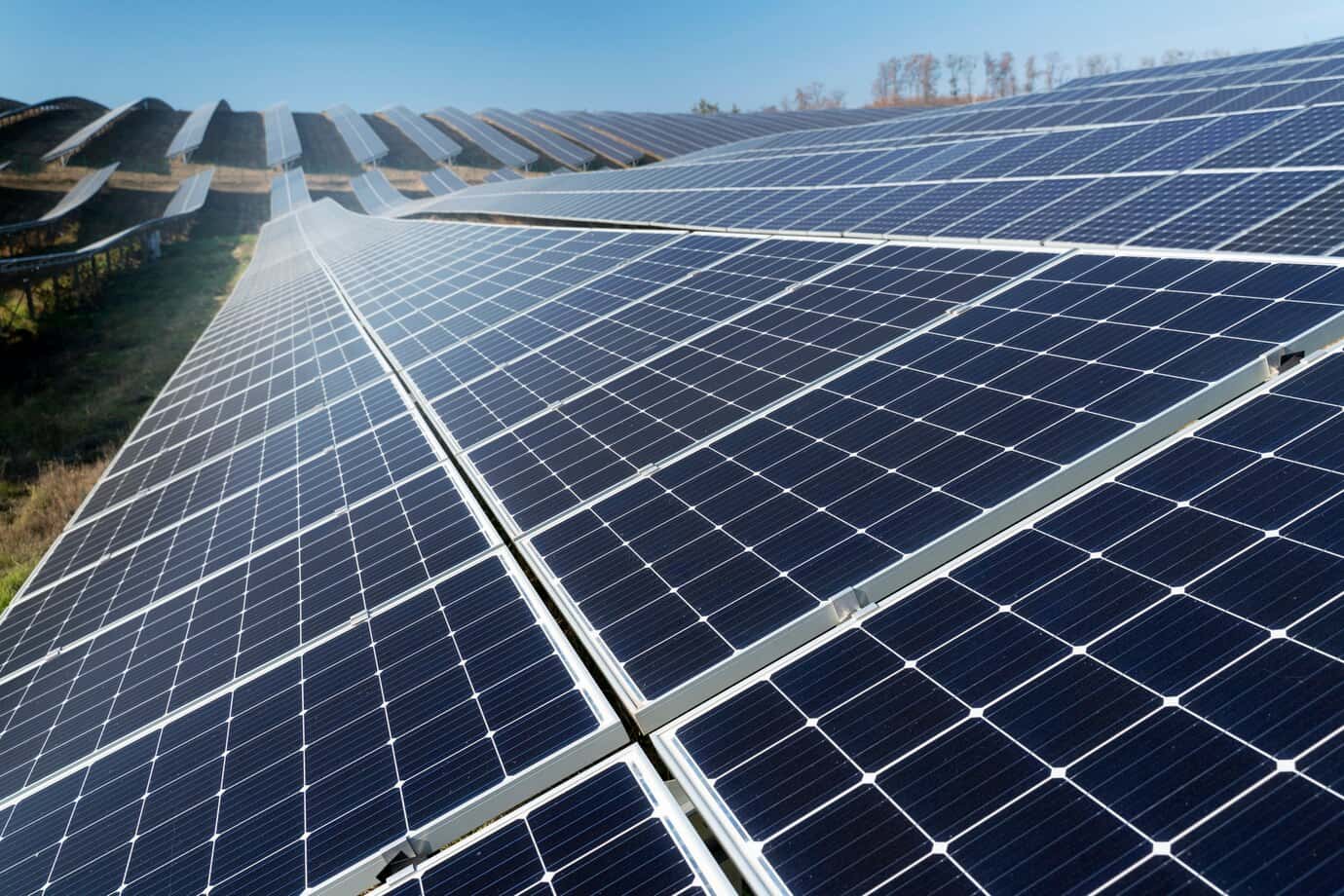Solar energy is an attractive solution for many homeowners, offering potential savings on electricity bills and a step towards a sustainable lifestyle. However, a common question arises: “How many solar panels do I need?” This article breaks down the factors and calculations to help you arrive at the optimal number.
Energy Consumption
Understanding your energy usage is pivotal in determining how many solar panels you’ll need.
- Yearly Fluctuations: While you may have a general idea of your monthly consumption, consider the fluctuations. Perhaps you use more energy during summer months due to air conditioning or during winter due to heating. By understanding these fluctuations, you can better estimate peak requirements.
- Appliance Energy Ratings: Modern appliances come with energy ratings that indicate their consumption. Review these ratings when considering new purchases, as energy-efficient appliances can reduce overall consumption.
- Time-of-Use: Not all energy is consumed equally throughout the day. Understanding your peak usage times can also help in sizing a battery storage system later on.
The Science Behind Solar Panel Efficiency
Solar panels convert sunlight into electricity through photovoltaic cells. The efficiency of this process can vary based on several factors:
- Type of Solar Cells: Monocrystalline panels are known for higher efficiency but might come at a higher cost. Polycrystalline panels, on the other hand, are more affordable but slightly less efficient.
- Temperature Coefficients: Panels can lose efficiency as temperatures rise. Understand the temperature coefficient of your chosen panels, especially if you live in a particularly hot climate.
- Latest Innovations: The solar industry is rapidly evolving. Keep an eye out for new technologies or innovations that might offer increased efficiency.
Tailoring Solar Panel Calculations to Your Home
Your home’s specifics play a significant role in determining the number of solar panels required:
- Roof Angle and Material: The angle of your roof can influence the amount of sunlight received. Additionally, certain roofing materials can impact the ease and efficiency of solar panel installations.
- Ground Installations: If your roof isn’t ideal for solar panels, consider ground installations. These can often be adjusted in angle and positioning to optimize sunlight capture.
- Local Regulations: Some localities might have regulations or homeowners’ association rules about the visibility and placement of solar panels. Ensure you’re in compliance to avoid potential future issues.
Cost vs. Efficiency: Making an Informed Choice
It might be tempting to choose the most affordable solar panels, but considering long-term benefits is crucial:
- Long-Term Savings: More efficient panels might have higher upfront costs but can result in more significant long-term savings due to better energy production.
- Warranty and Lifespan: High-quality panels often come with extended warranties, ensuring that your investment is protected for longer periods.
- Resale Value: Homes with quality solar installations can command a higher resale value. Future buyers might be more inclined to invest in a property with a robust, efficient solar setup.
Conclusion: Charting Your Solar Journey with Precision
Determining the number of solar panels you need isn’t just a numbers game—it’s a careful consideration of your current and future energy needs, the specifics of your property, and the ever-evolving world of solar technology. By being thorough in your assessments and seeking expert advice, you can ensure that your transition to solar energy is both efficient and effective.

